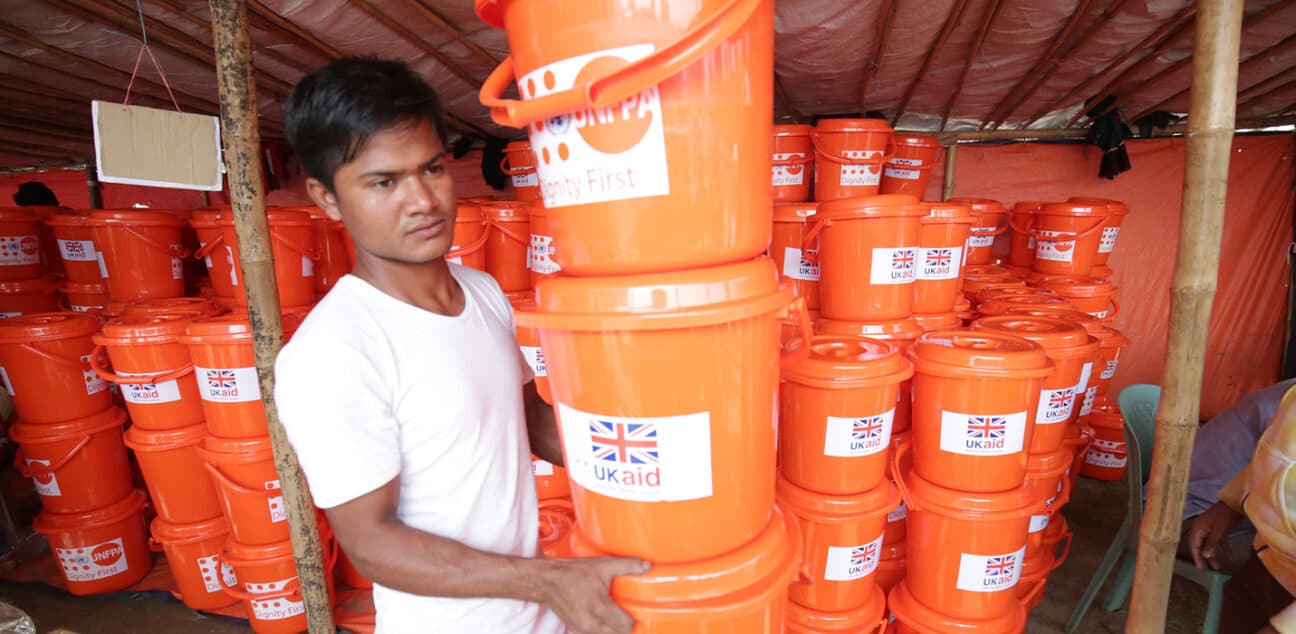A force for good: principles and hallmarks for the new FCDO
The UK government’s decision to merge the Department for International Development (DFID) and the Foreign and Commonwealth Office (FCO) comes at a time of major global change – an unprecedented pandemic, continually shifting geo-politics and the impact of climate change.
This paper outlines 15 principles for the new department to ensure it embraces opportunities for greater policy coherence across government and strategic action, while mitigating the risks to the UK’s reputation and impact. We also outline 15 key tests, or hallmarks, that we will use to track how the new Foreign, Commonwealth and Development Office (FCDO) is delivering on these principles.
We want the FCDO to be an effective and impactful force for good for those that most need the UK’s support. To do that in a rapidly changing world, the UK government and FCDO must:
- Deliver on the UK’s promises and live its values. Deliver on its promises to the poorest and most marginalised and live its values through acting in a principled, consultative, accountable and effective manner. This will show the UK at its best and ensure that it has the greatest impact on the things that matter most.
- Lead by example on UK aid. To continue Britain’s positive global role and reputation on Official Development Assistance (ODA), it must lead by example and ensure that all UK aid is transparent, accountable and focused on poverty reduction
Below are the 15 principles. Download the full paper below for more detail on each principle and the associated tests.
Deliver on the UK’s promises and live its values
- Outlining a strong strategic direction
- Delivering the Sustainable Development Goals in the UK and abroad
- Working to ensure that we Leave No One Behind
- Upholding and promoting key Humanitarian Principles
- Enhancing policy coherence across UK government interventions
- Protecting and promoting democracy, human rights and civic space
- Promoting greater transparency and openness
- Demonstrating continued leadership on safeguarding
- Being consultative and inclusive through supporting meaningful stakeholder engagement
- Retaining expertise and ensuring development is represented at the highest levels
Lead by example on UK aid
- Ensuring all aid spending is transparent and accountable to the UK taxpayer
- Ensuring UK ODA is sufficient and focused on poverty reduction and sustainable development
- Prioritising people living in Fragile and Conflict Affected States (FCAS)
- Supporting action on climate and nature by aligning all ODA to the Paris Agreement
- Providing opportunities and direct support for civil society in the Global South

